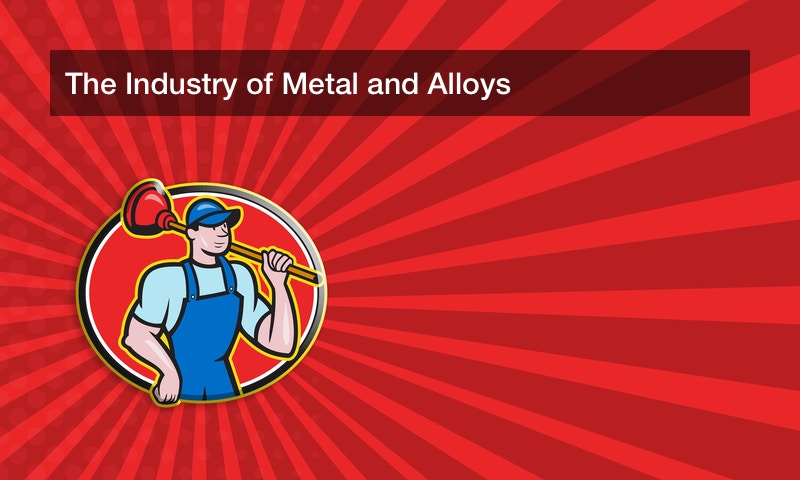

Few materials have proven as important to human industry as metals. In fact, a number of prehistoric ages are named after the most commonly used metals at the time, such as the Bronze Age and the Iron Age. Much later, the Industrial Revolution allowed for mass production of metal, as well as the goods made from those metals. Trains and railroads, skyscrapers, and later, cars were produced en masse, and this is still true today. More metals than ever are being used, from thin sheet metal available for wholesale to thin metal strips such as thin aluminum strips. Copper and brass have their uses as well, often to make metal alloys or combined metals. When is the right time to produce and use thin sheet metal? While thin sheet metal made of steel or aluminum is widely used, some jobs call for alloys. Whatever the job, there is a metal for it.
All About Steel and Aluminum
While not metal can truly do everything, it may seem that steel and aluminum come reasonably close. These metals have been used for centuries, and the Industrial Revolution spurred them to new heights. This supports a massive industry in the United States; as of 2016, some 138,900 sheet metal workers were hard at work, and the metal fabrication industry is expected to grow 9% from 2016 to 2026. This could add over 12,000 more jobs in that sector during that decade of growth. And as of now, sheet metal, such as thin sheet metal production, accounts for an impressive $30 billion in American revenue. Better yet, steel is easy to recycle, and it stands as one of the most recycled materials on Earth. Around 90% of it is recycled, such as from totaled cars, old shipping containers, and more.
Steel can be used to make railroad tracks, vehicles, skyscraper I-beams, household appliances, and even cutlery and surgical equipment. Often, aluminum can be used for these purposes too, and this light and strong metal is appealing for making fuel-efficient vehicle due to its limited weight. Aluminum is also a typical metal used for making electronic goods and household appliances.
What about the production of thin sheet metal and rolls of steel sheets? Such products are made at a mill, and sold wholesale to construction crews, factories, and other business buyers. Sheet metal is hot rolled, and sent through pressurized rollers at a very high temperature. Sometimes, thin sheet metal is left this way and sold as is, and though such metal has imprecise dimensions, this is sufficient for jobs such as making I-beams or railroad tracks. Meanwhile, some thin sheet metal rolls are rolled again at room temperature, and this is known as cold rolling. Cold rolled steel has precise dimensions and a protective coating, which makes it ideal for applications that call for precisely crafted materials. Care should be taken when storing and delivering cold rolled steel so that it is not compromised.
All About Alloys
It is clear that steel and aluminum are important, staple metals found nearly everywhere. But they cannot do everything. Some jobs call for metals with certain properties, such as resistant to extreme heat or cold, extreme pressure or stress, or resistance to corrosion. Even steel or aluminum may suffer if used for these jobs, so metal alloys are used. An alloy is a composite made of two or more “ingredient” metals in precise ratios and percentages, which may be steel, iron, aluminum, copper, brass, titanium, nickel, and more.
Some alloys are used in jobs involving very heavy lifting where regular steel would crack or bend from the pressure. Some applications call for alloys designed to endure extremes of heat, such as in industrial furnaces or in jet engines or train engines. Yet other applications involve corrosion hazards, such as undersea pipes or the pipes, tanks, and valves in chemical plants. Regular metals would corrode from exposure to chemicals or salt water, but not the proper alloys. Finally, some factories or vehicle engines involve metal bellows, which are flexible metal tubes designed to flex and expand and contract due to pressurized, often heated gas or liquids inside. The right alloys can withstand the pressure and temperature extremes, and allow the bellows to flex without rupturing or breaking.





